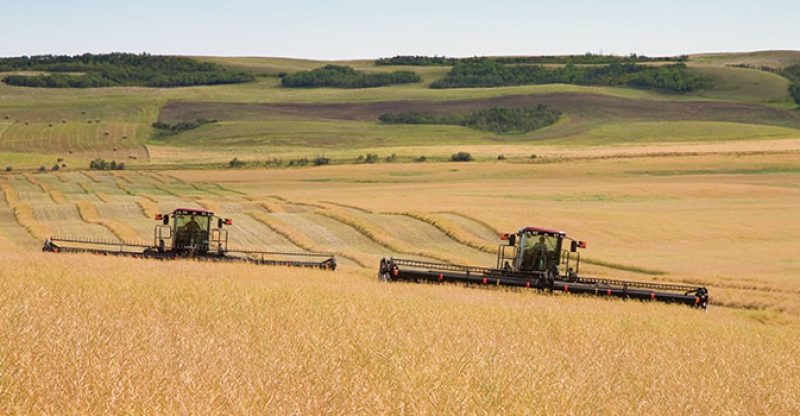Canola Exports To China May Undermine Ottawa’s Uncompromising Position
According to an industry group and three sources, Canadian exporters are conducting small sales of canola to China, under Beijing’s stricter term, which may weaken Ottawa’s hardline negotiating stance with the world’s major market for the oilseed.
The controversy over the latest shipping standard, which industry groups in the world’s largest canola exporter warn could destroy $2-billion ($1.55-billion US) in trade, could affect Canadian Prime Minister Justin Trudeau’s visit to China next week. The stronger standard on canola, also known as rapeseed, would commence on September 1st.
Talking to Reuters, Canada’s trade minister stated that the trade relationship could not advance until the issue is dealt with, causing Beijing to condemn Ottawa for linking the two matters.
A senior Canadian official mentioned that Trudeau will bring up the issue while discussing with Chinese leaders next week.
The sales of the oilseed, which is normally crushed to yield vegetable oil and animal feed, risk undermining Canada’s negotiating position with China, as trading seems to be continuing.
Although Canadian industry groups are of the opinion that the standard would be expensive to meet, China desires the tougher rule on foreign material in shipments to safeguard against crop disease.
Certain sources who were not granted permission to speak publicly maintained that Cargill Ltd., Louis Dreyfus Corp and Parrish & Heimbecker have carried out sales ranging from about 30,000 to 60,000 tons to China, to be delivered after Sept. 1.
Louis Dreyfus’s Canadian unit, Cargill and Parrish & Heimbecker failed to comment.
Richardson International and Glencore Plc-owned Viterra Inc, Canada’s biggest canola exporters, are recoiling at China’s new standard.
An industry source said that the sales, which could test China’s new approach, may weaken Canada’s position, comparing the impact to striking workers crossing a picket line.
According to another source, holdout exporters may now feel forced into sales to protect market share.
A spokesman for Canadian Trade Minister Chrystia Freeland, when questioned if the sales hurt Canada’s leverage, said solving the matter remains a government priority.
The spokesman for China’s embassy in Ottawa, Yang Yundong stated that the two countries were having “positive consultations” and the issue could be “resolved properly through joint efforts.”
Patti Miller, president of Canola Council of Canada opinionated that the sales only reveal that deals are likely under the stricter regulation, but it is “not workable” for most of the 4 million tons Canada yearly ships to China.
Beginning on Sept. 1st, China will not permit anything more than 1 percent of foreign material per canola shipment, a decrease from the current 2.5 percent maximum.
Miller argued that China’s move sets “a really bad precedent,” and that agricultural trade should be solely dependent on science-based regulations.
What seems to be the major concern for Chinese officials is the crop disease, blackleg, affecting domestic crops. However, traders believe that the move is as a result of high Chinese stocks.
Last week, China National Grain and Oils Information Center said that stocks of rapeseed were “plentiful,” and demand looked “quite bad.”
On Friday, ICE Canada’s most-active canola futures dropped slightly.





